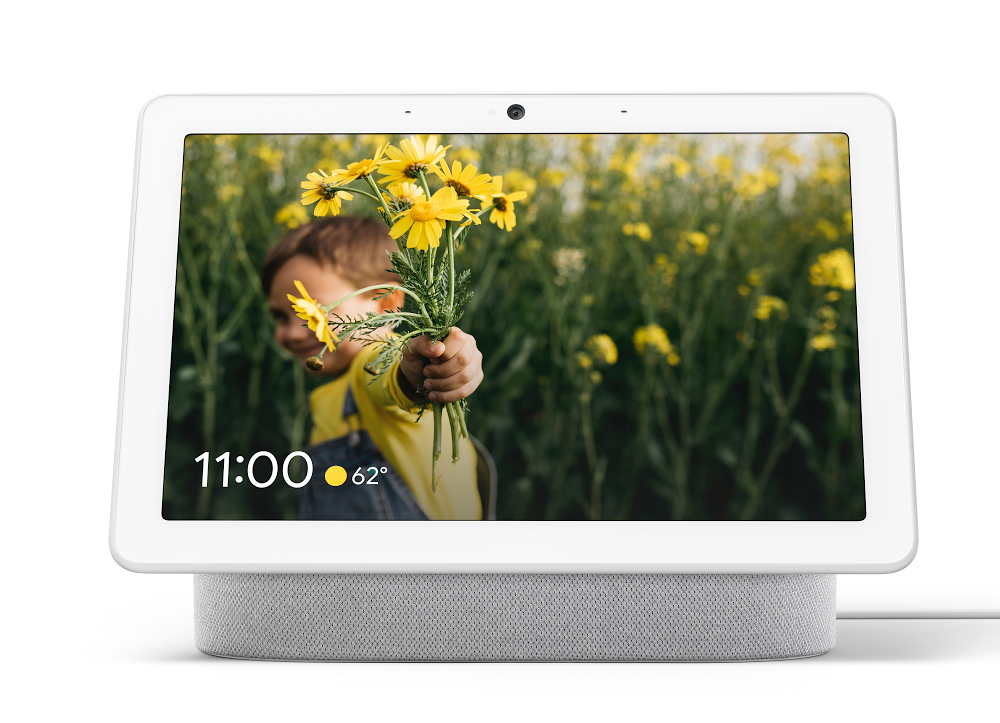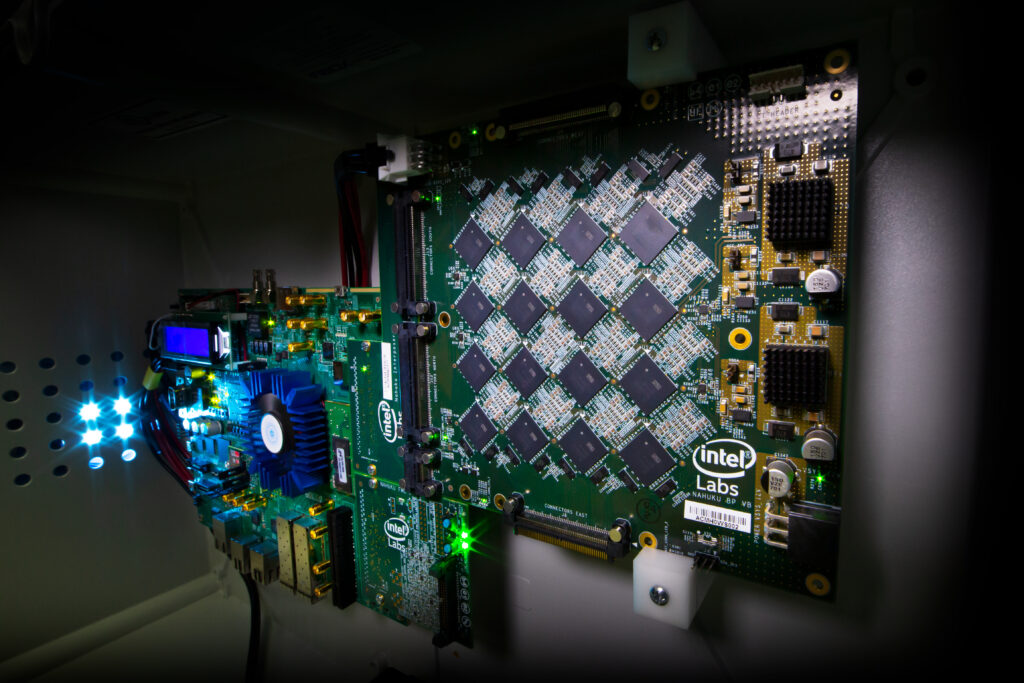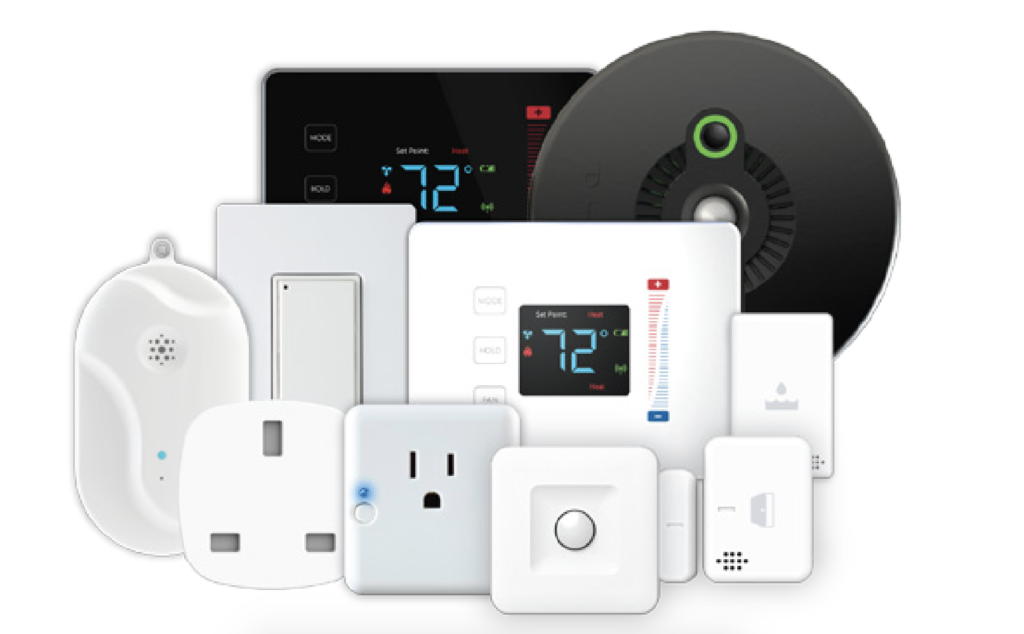This week’s show kicks off with the whimper after Apple failed to give us any exciting IoT news. We discuss the scraps Apple gave us, but move to Google’s new Nest Hub Max and the future of local wake word recognition thanks to a new chip. We also talk about Samsara, the industrial IoT’s latest unicorn, an update on the founders of Centralite, and Best Buy’s decision to kill its Insignia app. We end on a down note with the details from Trend Micro’s terrifying report that details what hackers talk about on the dark web in regards to IoT devices. Lock down that camera, people. This week’s IoT Podcast Hotline question circles back to last week’s question with a listener providing yet another way to track tools. It would work for books as well!

Our guest this week is Elisabeth Schloten, the CEO of ECBM, a German consultancy that helps companies implement IoT for digital transformations. She explains how the internet of things differs from Industry 4.0 and then explains how to talk to employees about changing job expectations after a digital transformation. She spends much of the last half of the interview explaining how sales jobs will shift when companies sell their products as services. It’s really eye-opening.
Hosts: Stacey Higginbotham and Kevin Tofel
Guest: Elisabeth Schloten, the CEO of ECBM
Sponsors: Afero and Simple Commands
- Where was Apple’s Bluetooth tracker or sleep tech?
- Google Nest Hub Max recognizes your face
- Russian hackers want smart meter secrets and Brazilians go for gas pumps
- Where does IoT fit into Industry 4.0?
- IoT will kill the traditional sales commission
Podcast: Play in new window | Download | Embed
Subscribe: RSS


